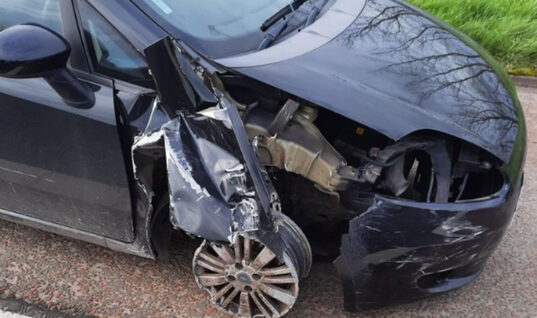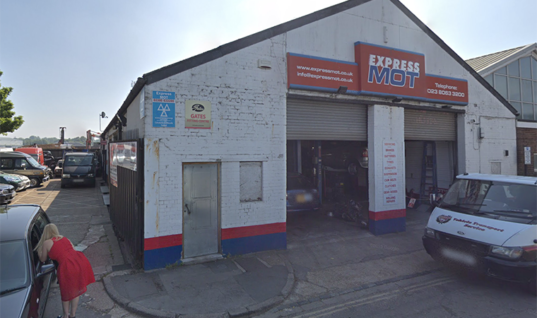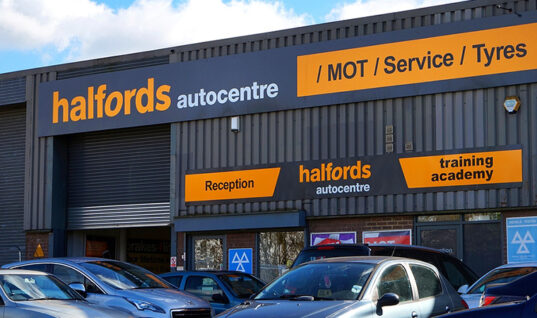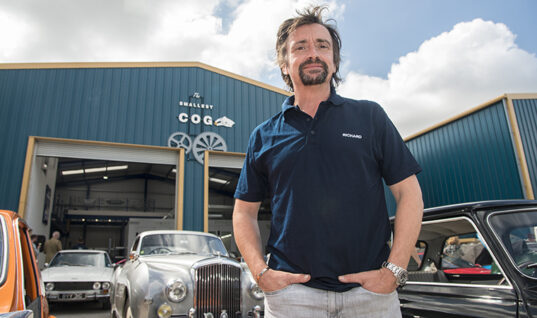A recent campaign, highlighted through social media, has once again reignited the debate about the licensing of technicians.

Graham Stoakes: Industry author, lecturer and GW columnist.
This is a contentious issue and has always caused disagreement within the trade.
It seems to be a recurring theme every few years, which never appears to be fully resolved or come to fruition.
I fully back proposals for some sort of regulation of technicians in the motor industry, especially when it comes to the maintenance and repair of safety critical systems.
Currently, anyone can set themselves up as a business, and offer to maintain and repair vehicles for the general public without any training or formal qualifications.
“No guarantee of quality”
As an automotive college lecturer I’m in the profession of training, and I understand that certificates may be no guarantee of quality.
I also know that there are experienced technicians with no formal qualifications to their name who are very good at what they do.
However, some form of periodical competence testing, leading to a type of licensing for practising vehicle technicians may not only improve safety standards, but could also the raise the image of the industry.
In 2005 the motor industry was under threat of a “super complaint”, citing poor automotive service standards, and was told that funding should be made available to agree a new set of professional standards.
Had the “super complaint” proceeded, this would have immediately placed mandatory legislation on all forms of vehicle repairs in the UK.
The big problem with mandatory regulation would then be how quickly compliance with the legislation had to be implemented, and the potential interruption to the service industry this would cause.
Related: Industry licensing debate gets reignited but who’s listening?
Logistics
The logistics of how to get the entire country up to speed, with licensed technicians, would not only be financially crippling, but may also be beyond the means of many legitimate businesses.
The introduction of a voluntary competence assessment by the Institute of the Motor Industry (IMI) known as Automotive Technician Accreditation (ATA), now IMI Accreditation, opened up an opportunity for this type of regulation to be adopted nationally.
Although still an option for technicians to prove current competence of their automotive abilities, it has never become a mandatory requirement and has remained a method for individuals to demonstrate their personal professionalism.
With legislation, the shake-up in MOT regulations and requirements for annual CPD and assessment for testers shows that such schemes can be implemented, but are difficult to administer and are seen as inconvenient by some.
The reason why it succeeds as a regulatory process is that it is only concerned with a specific activity (i.e. MOT testing) for which you have to be initially approved and licensed.
Regardless of legislation, there would be loopholes and those who continue unregulated as they do now, either because of unawareness or indifference.
For example, it is possible that some organisations are already breaking the law without even realising it.
This may not be done on purpose, however not being fully aware of the regulations should not be seen as an excuse.
Graham Stoakes
With a long history working in an independent garage, Graham now teaches motor vehicle technology at Chichester College.
He’s a renowned author too, with ten books and three CD ROMS to his name so far, covering a range of vehicle technology topics from levels one to four.
To find out more about Graham Stoakes and his automotive books, visit his website.
F-gas regulation
The regulation of F-gas for those that work in the mobile air-conditioning (MAC) sector has required that a minimum of a recognised gas handling qualification has been needed since the 4th of July 2010.
However, many organisations are still working on the systems without the required certification and training and even potential fines of up to £200,000 (civil penalties) do not seem to be a deterrent.
My feeling is that although in principle many would like a blanket license for those repairing and maintaining vehicles, it would not be reasonably practicable.
It is more likely that a scheme such as the proposed license to practice for technicians working on hybrid and electric vehicles, could be adopted and then steadily amended to cover systems such as ADAS, autonomy and other safety critical systems.
This way legislation can be gradually introduced at a more manageable and affordable pace, and may eventually mean that all technicians are able to work competently on high-voltage vehicles as well.
Share your comments below.








Home Page › Forums › Graham Stoakes opinion: Why blanket industry licensing isn't the answer
Tagged: Graham Stoakes, licensing, Regulation